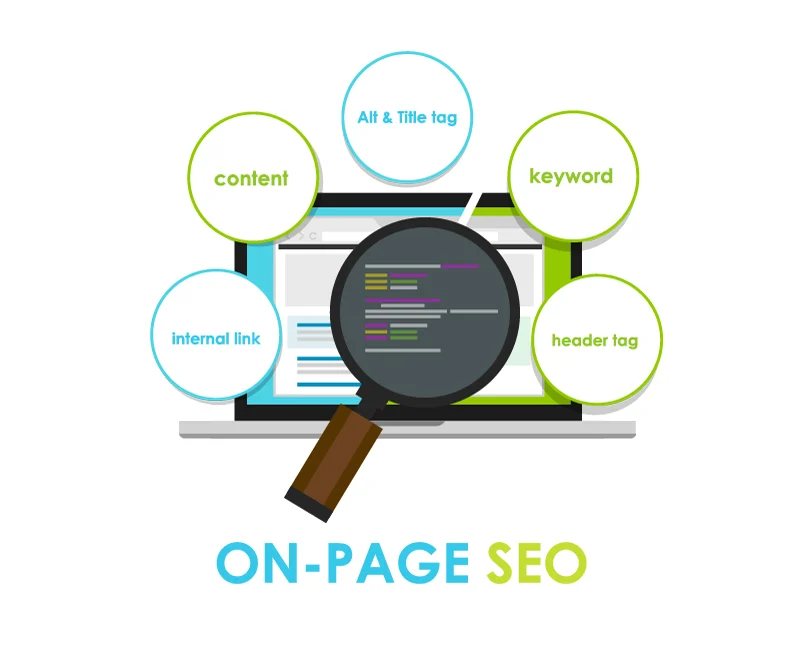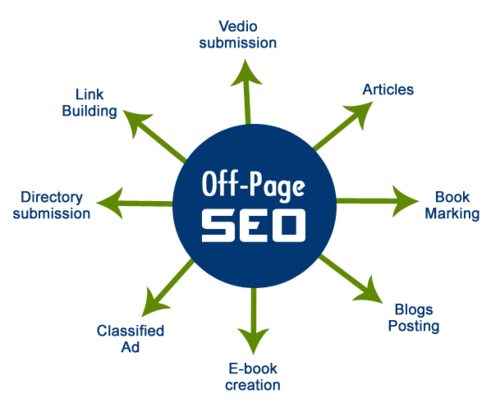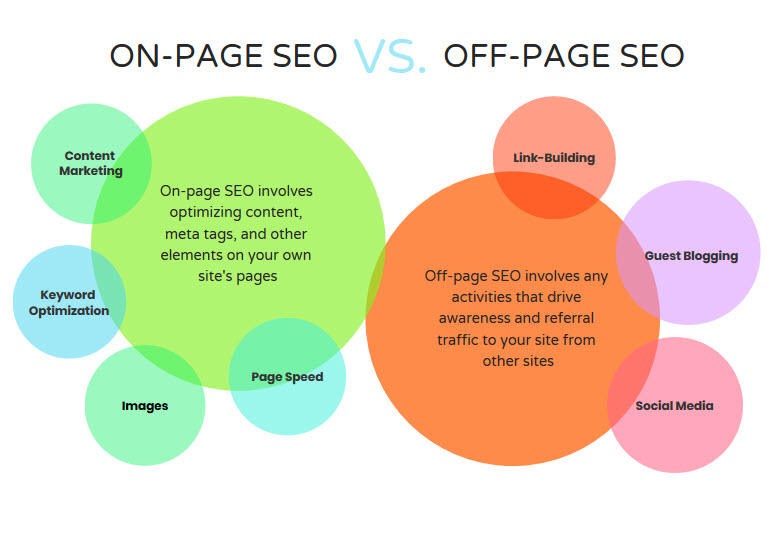SEO, or search engine optimization, is the process of making your website more visible in search results. The more people who find your website through search engines like Google and Bing, the more likely they’ll click on it and visit it. This increases your website’s chances of being discovered by new visitors, which can help you grow an audience over time.
What is SEO?
Search engine optimization (SEO) is the process of improving the visibility of a website or a web page in the organic (non-paid) search results of a search engine. SEO can also be defined as making your site more visible to users and content creators.
The goal of SEO is to rank highly on SERPs, which stands for “search engine response pages.” You may think that it’s just about having keywords in your title tags and meta descriptions, but that’s only one aspect of SEO—it actually encompasses many other factors such as:
- Designing your site so it looks good on mobile devices
- Making sure all pages have at least one piece of contact information (email address/phone number) available for people who want more info about what you do
How SEO Works?
SEO stands for Search Engine Optimization. This is a process through which you can make your website more visible in search engines and thus increase traffic to it.
SEO helps in attracting visitors from all over the world who are looking for information about a particular topic or keyword so that they can easily find your website among millions of websites on the internet.
Ranking factors.
Ranking factors
- Relevance of the content: It is very important to write relevant content for your audience and they will give you high rankings in search engines if you write content that is relevant to them.
- Content length: The more content that you have, the better it is for ranking in search engines like Google and Bing because they use text-based algorithms so having more than 100 words per piece of content helps increase your chances of being ranked higher by these engines as well as other websites which also use them (such as Facebook).
- Keyword density: Keywords are easy to rank for if used correctly but can also be very risky depending on what keywords are being used by others who may or may not have good intentions behind their actions when using them (e.g., “I am going home today because my parents won’t let me go out with friends tonight”). So make sure not only does each word have its own importance within context but that there’s enough variety between words so users don’t get bored quickly reading through long articles filled with repetitive information about something similar every time over again without any variation whatsoever…

On-Page SEO Techniques.
On-page SEO techniques are the most important steps to follow in order to get your website ranked on search engines. These include:
- Keywords – Keywords are the words and phrases that people use when they go online, so making sure that you have relevant ones in your content is essential. You can use free keyword tools like Google’s Keyword Planner or Ubersuggest to help you find the best keywords for each page on your site.
- Title Tag – The title tag should be unique and descriptive, but also short enough so that it doesn’t take up too much space on a page (this means no more than 50 characters). It should also include keywords related to what people might search for when they come across this specific post/page on Google or Bing! For example: “How To Get Organic Traffic From Facebook” would probably get more clicks than “Facebook Marketing Tips” because people know what they’re looking for when they type in their queries into Google’s search bar — so keep those two things together! If there is room left over after adding those few extra characters then feel free to add some links back here as well 🙂

Off-Page SEO Techniques.
Off Page SEO techniques are all about getting your website noticed on search engines. If a user finds your site through a search query, they will have a better chance of staying there and potentially clicking through to your website.
There are many ways to get links from other websites:
- Link Building: This is where you try to get links from other websites by submitting content in exchange for an application or link back (this doesn’t always work). For example, if someone publishes an article about you and mentions you as an expert in their headline or body text, then they’ve done some sort of link-building! You can also ask friends and colleagues if they know any bloggers who might be interested in linking back with you. You should also consider submitting press releases so that when journalists write articles about what happened at one event or another, they’ll include links back here as well!
- Social Media Marketing: Social media marketing includes posting updates on Facebook/Twitter etc., which allows readers/followers/friends to see what’s going on within their niche community firsthand before ever visiting our site directly ourselves…but only after we’ve already attracted them over time 🙂 A good example might be posting pictures from events like conferences held outside our offices where attendees would want something fun happening during their stay without needing any extra effort than just driving over there themselves; providing them some entertainment value while still providing value too!

The SEO process is important on the page and off page both.
SEO is important for your website, but it’s also important off-page. If you want to get more traffic and leads, then you need an SEO process.
On-page SEO:
- Keyword research: This is the first step in building a strong backlink profile. You can use Google keyword planner or any other tool that specializes in this field such as Ahrefs or SEMrush etc.
- On-page optimization: This includes optimizing your website content by using high-quality images, unique content, relevant meta descriptions, etc.
Conclusion.
If you are reading this article, then probably you have a website or a blog. In that case, I would recommend you start with on-page SEO. You can do it by yourself without any help and later on go for off-page SEO. There are many tools available in the market which helps us to get a good rank in Search Engine. You just need to spend some time on it and get the result after a while of time.
I am a Tech geek and blogger, a seasoned freelancer, and my hobby is to enlighten my views and skills that will helpful for new inductions of the industry.
Thank you very much for your great information. No more ugly concrete! Decorative concrete creates an upscale look for residential, commercial, and industrial customers with decorative and polished flooring. At Ressichem, we create an upscale image at an affordable price with highly durable materials.
Thanks for sharing wonderful blog keep o it and post more blogs